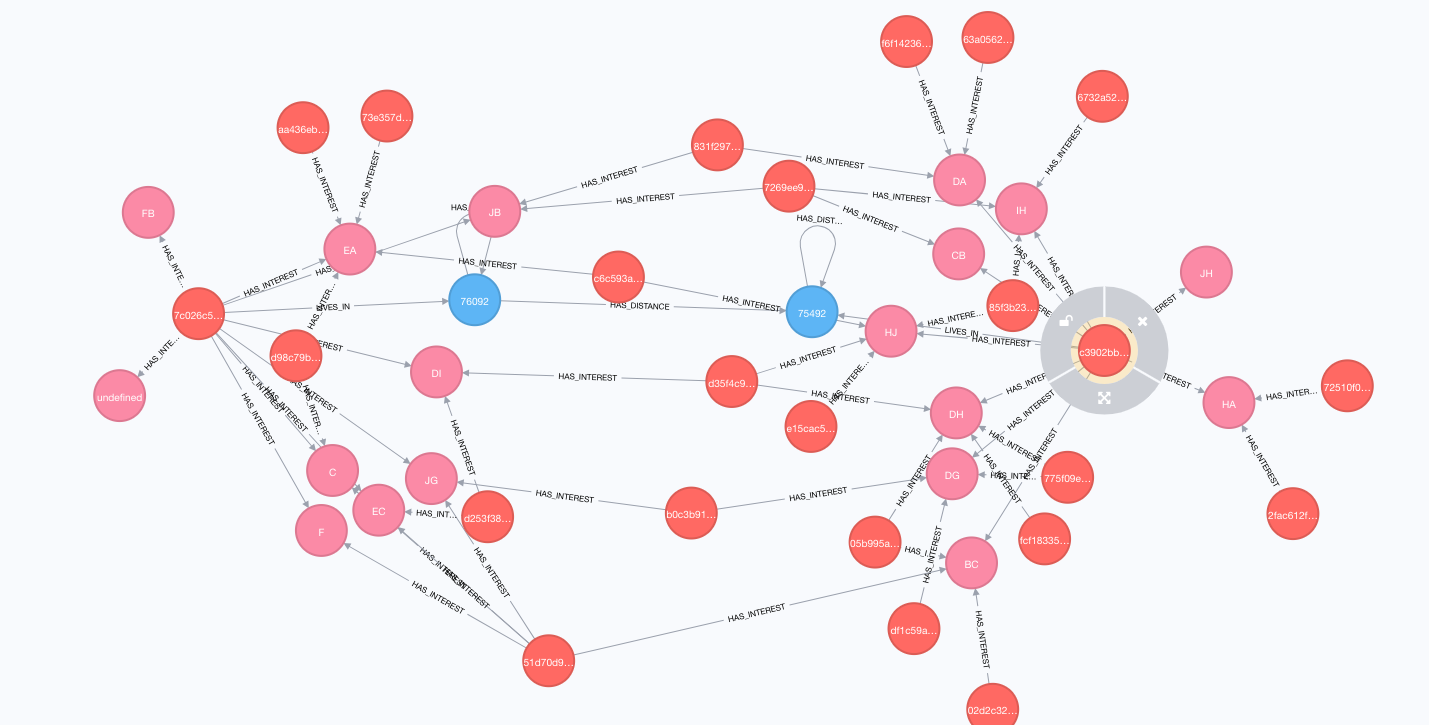FREETY.ME
Adam Stroud - Business Co-Founder
Brian Boyko - Technical Co-Founder
How CAN WE
-
Make new friends
-
SPEND MORE TIME WITH THE FRIENDS WE HAVE
A Social Scheduler
Calendar Apps:
Help you organize appointments
Meetup.com:
Helps you find existing events with strangers
Facebook.com:
Helps you connect and communicate with your existing friends.
Freety.me keeps track of your groups of friends, coordinates available times, and automatically finds the times it's most convenient for you to hang out.
It goes one step further and finds people with similar interests in your area and suggests convenient times and places to meet.
What
FreeTy.me takes your location data, and free time in your calendar application, as well as a list of things you're interested in.
When Freety.me finds a person or group of people interested in the same thing, who can all meet up at the same time, it notifies you so you can RSVP.
Why
- Consumer pain point: "It's hard to make friends as an adult."
- Entrepreneur pain point: "I have limited free time but I'd like to network more."
- Team Organizer Pain Point: "It can be difficult to know when to schedule events to be convenient for everyone."
Immediate value (before we develop a large userbase)
Before we even get into the value of networking the entire userbase, existing groups can immediately invite their members and use it to find mutually acceptable free-times to meet.
- Poker home-game clubs (like Adam & Brian's)
- Co-workers in a department wanting to have a lunch-and-learn
- Service co-workers needing people to cover shifts.
- County-level political parties
- Garage bands looking for jam times.
Some examples:
Why has this not been done before?
- Any social-network-type software is usually hard to scale, expensive to compute and hard to organize.
- Our solution: A User Graph, which group users into small discrete sets to create estimations general enough for easy computation, but accurate enough to drive decision making.

Revenue Streams
- Primary: Targeted advertising, based on users providing interest and location data. Keeping personally identifying data private and segregated, we can nevertheless create effective targeted advertising.
- Secondary: One-off deep discounts (like a Groupon/RetailMeNot), but offered exclusively to people *specifically looking for places to meet* at *specific times*, in *specific locations*, driving retail service traffic even during non-peak hours.
Market Size
- Online ad spend for 2016 was a $194.6B market
- Projected to be $335B by 2020
- Targeted ad spend provides greater ROI at less cost than traditional ad spend.
- source: https://www.emarketer.com/Report/Worldwide-Ad-Spending-eMarketers-Updated-Estimates-Forecast-20152020/2001916
What we have (S)
Backend API, able to authenticate, modify, and query users, interests, locations, and schedules, as well as the intersection of all four.
Our Business co-founder knows a little tech.
Our Technical co-founder knows a little biz.
What we must build (O)
Mobile-first front-end design
Integration with Facebook (for interests), with Google (for calendars)
Recommendation engine using statistical analysis based on real user data.
What we don't have (W)
- Manpower. This is a two-person startup, with one active engineer, (who has a day job.)
- Funding (which would help with "manpower", above.)
Pitfalls (T)
-
There's a competitor in the space, but we believe them to be solving via brute-force what we solve with our secret sauce.
-
We think we'll scale better in the long run, but it may come down to first-to-market.
Known Unknowns
-
Help us to calculate an estimated expected revenue, expenses, and EBITDA for three years, as well as understand what we'd realistically need to fund the project for 18 months.
-
How should that money be spent, other than the obvious: on more engineer-power?
- Should we consider crowdfunding a seed round? If so, what can we offer our backers?
Where we think an incubator can help us:
deck
By brianboyko
deck
- 883



